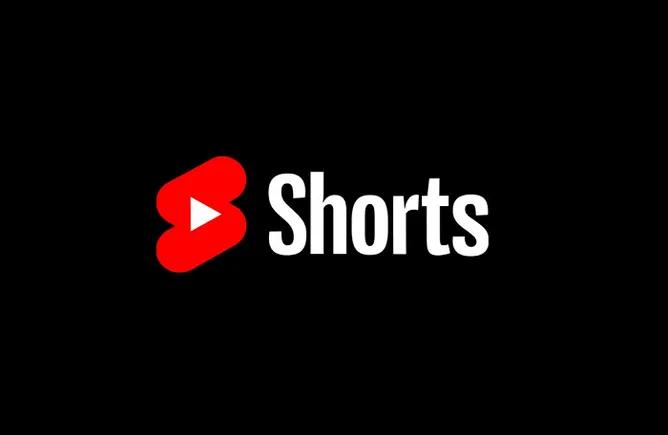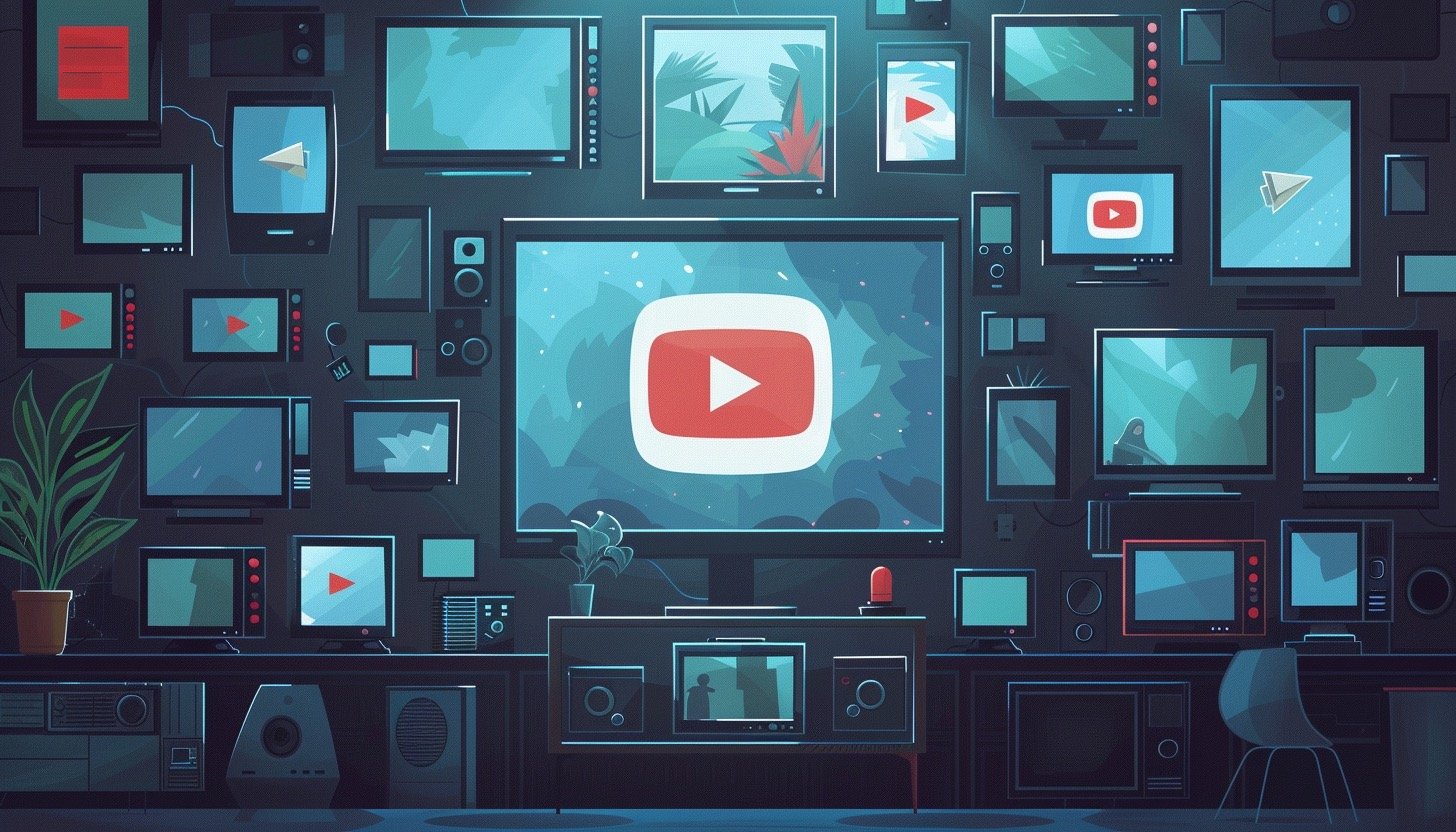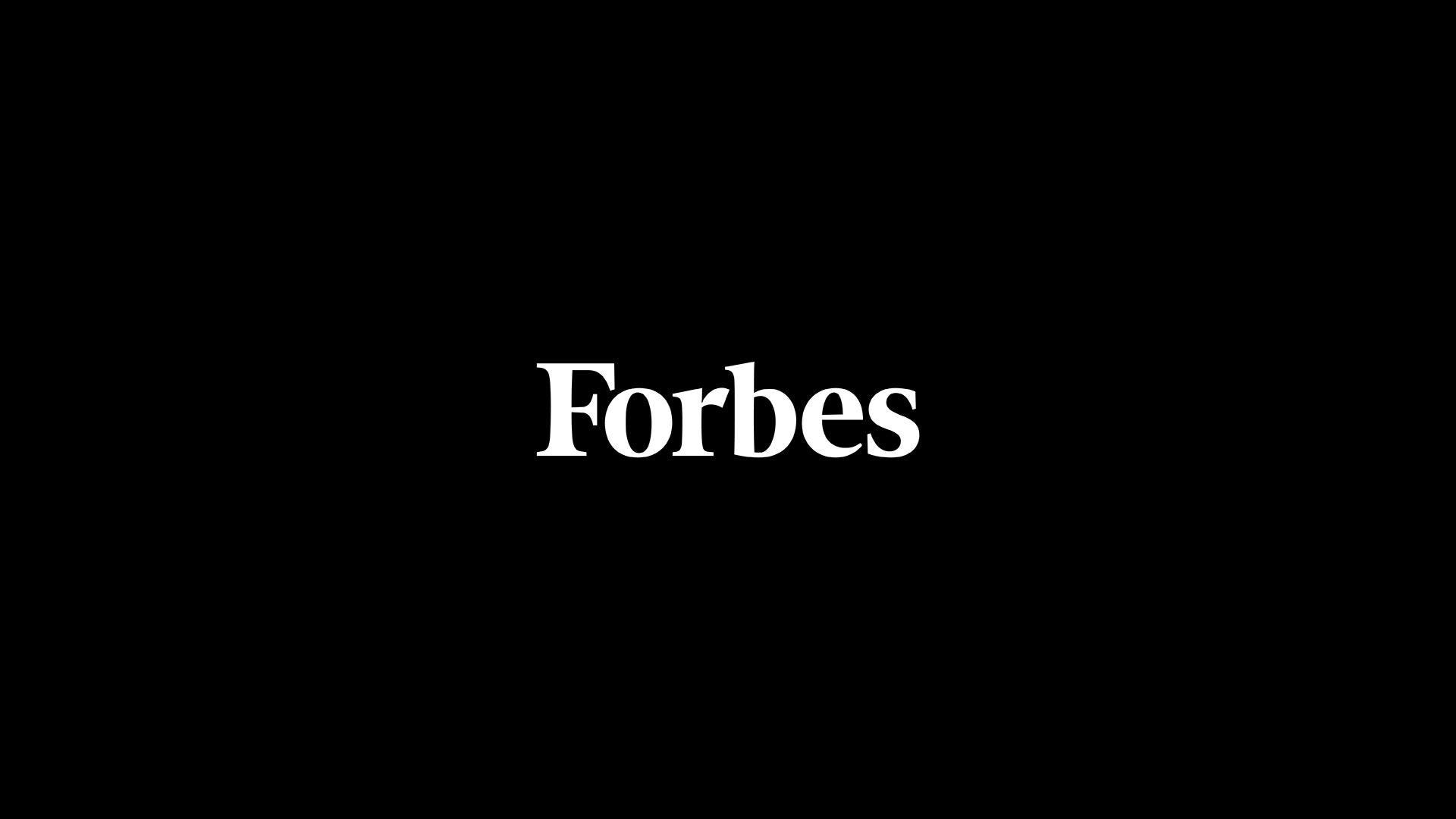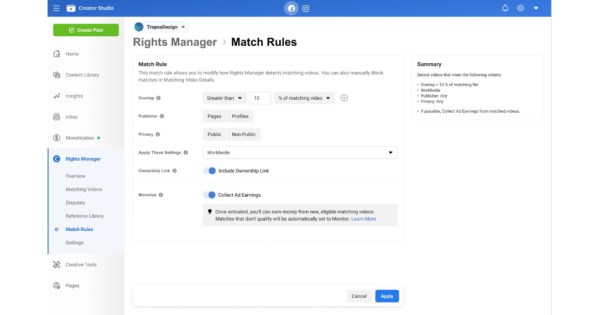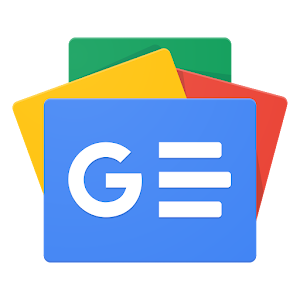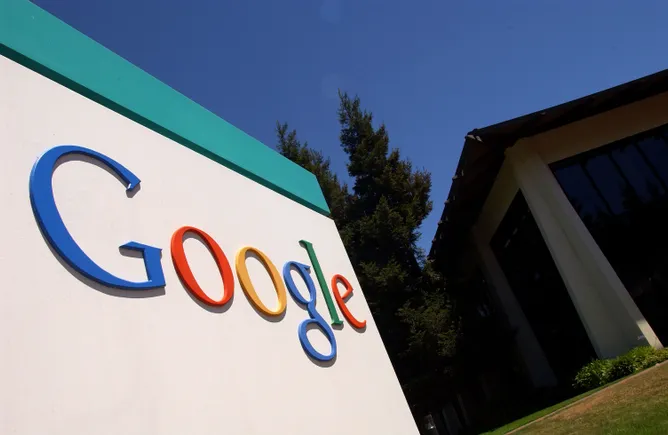Dive Brief:
Google owner Alphabet reported a revenue increase of 15% year-over-year in Q1 to $80.54 billion, according to an earnings statement. The results topped analyst expectations.
Total advertising revenues hit $61.66 billion, up 13% YoY. Search and other, Google’s largest segment, grew 14% YoY to $46.16 billion while YouTube continued to gather momentum, climbing 21% YoY to $8.09 billion. Network revenues declined 1% YoY.
CEO Sundar Pichai said the company is well into its “Gemini era,” referencing the generative artificial intelligence (AI) software that Google has heavily invested in to stay competitive in an emergent sector that could alter the fundamentals of search and beyond.
Dive Insight:
Google on Thursday joined digital peers in reporting a robust quarter on the advertising front, further affirming that the industry is on the upswing. A boost to search was driven by retail while YouTube drew healthy advertiser demand, bolstered by the TikTok lookalike Shorts and YouTube TV, which has recently piloted new ad formats like pause ads and secured primetime programming such as NFL Sunday Ticket. Google started running ads in Shorts two years ago and does not yet break out revenue. Executives stated that the monetization rate continues to improve relative to in-stream viewing.
“YouTube, in particular, seems to have benefitted from live sports investments, ad blocking crackdowns, and improvements in Shorts monetization, resulting in its strongest growth rate in two years,” said Evelyn Mitchell-Wolf, senior analyst at eMarketer, in emailed comments.
Similar to rivals, Google spent much of the discussion trumpeting advances in generative AI, which is positioned to transform its biggest moneymaker. Google for the past year has been experimenting with a Search Generative Experience (SGE) that is powered by generative AI and is working to implement more AI features into traditional search.
“We have been through technology shifts before, to the web, to mobile and even to voice technology,” said Pichai on a call discussing the results with investors. “Each shift expanded what people can do with search and led to new growth. We are seeing a similar shift happening now with generative AI.”
AI is also playing a bigger role in fueling Google’s ads business. Gemini, which launched in December as Google’s “most capable” AI model to date, has recently been integrated into Performance Max campaigns to aid with asset generation. Advertisers that used the tool focused on automating images and text were 63% more likely to publish campaigns with “good to excellent ad strength,” Chief Business Officer Philipp Schindler said. Performance Max campaigns, which became widely available to advertisers three years ago, have become a focus for Google amid the shift to automation.
The AI mandate has extended to marketing partnerships as well. Google is collaborating with WPP to pair its Gemini models with the agency network’s Open operating system. WPP works with top brand clients, including The Coca-Cola Company, that have been quick to embrace generative AI.
But Google’s generative AI strategy has not been without its hitches. Gemini immediately became embroiled in controversy after producing bizarre, ahistorical images. Questions have also been raised over whether products like SGE will affect monetization as the number of pages users visit when searching are cut down. Executives have stated that the AI search tweaks will continue to drive traffic to top publishers and merchant sites, though anxiety remains high over the potential revenue impact.
Other headaches for the tech giant include its attempts to phase out third-party cookies in Chrome, a long-in-the-works project that promises to reshape the digital advertising ecosystem but has now been delayed three times. Investors did not ask about the cookie plans.
On the regulatory front, the company is facing an antitrust crackdown that could come to a head in Q2. EMarketer’s Mitchell-Wolf noted that the future of Google’s core search business is “not assured.”
“A verdict is expected in the U.S. DOJ’s related antitrust trial in the coming quarter,” said Mitchell-Wolf. “And the incorporation of AI-generated components into Google’s main search interface will arguably be the biggest change to the search advertising market since its inception.”
